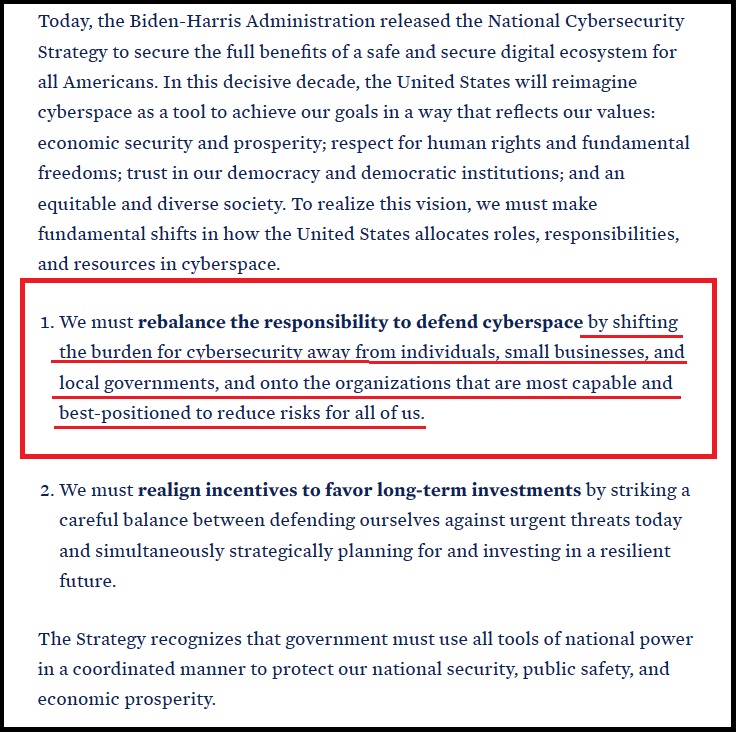public | Social media companies, including TikTok, Snap, and Twitter, caused people in France to riot and so the government should shut them down, say French President Emmanuel Macron and the European Union’s top censor, Thierry Breton.
Said Macron, “When things get out of hand, we may have to regulate them or cut [social networks] off.” The reason, Breton explained today, is that “Social media didn’t do enough” to remove "content that is hateful, that calls to revolt and to kill.” Warned Breton, "If they don’t do it, they will be sanctioned immediately.”
The comments made by Macron and Breton are shocking, and anybody who cares about freedom of speech should denounce them as a clear and present threat to the fundamental human right to freedom of expression as enshrined in the United Nations Declaration of Human Rights, the French Constitution, and the European Constitution.
It’s true that there are legal protections for removing "content that is hateful, that calls to revolt and to kill.” Such immediate incitement to violence is even illegal in the United States, which has much stronger free speech protections than France and Europe.
But neither Macron, Breton nor their defenders have presented any evidence showing that hate speech or incitement to violence rather than outrage over a police killing, combined with a large and restless immigrant population that France has failed to integrate and assimilate, caused the riots.
And their calls for greater censorship come at the same moment that the Macron government has passed a new law allowing police to spy on people by secretly taking control of their phones and laptop computers and activating the microphone, camera, and GPS. The government says a judge will have to approve all spying, but it is reasonable to worry about abuses of power. In 2013, military contractor Edward Snowden revealed mass US government spying without a warrant.
What’s more, the attack on privacy and the demand for censorship is worldwide. The British parliament is expected to pass legislation in the next few weeks that will allow the government to spy on private and encrypted text messages. The Irish Senate is expected to pass legislation in October that will allow the police to enter homes without a warrant and search phones and laptops for evidence of hate speech. And Australia is on the cusp of passing a new law that would require social media companies to remove any speech that causes “harm” to “health” or “the environment,” which would allow government censorship of criticisms of its climate and energy policies.
Why is the attack on free speech and privacy happening in so many nations simultaneously? And what can be done about it?



